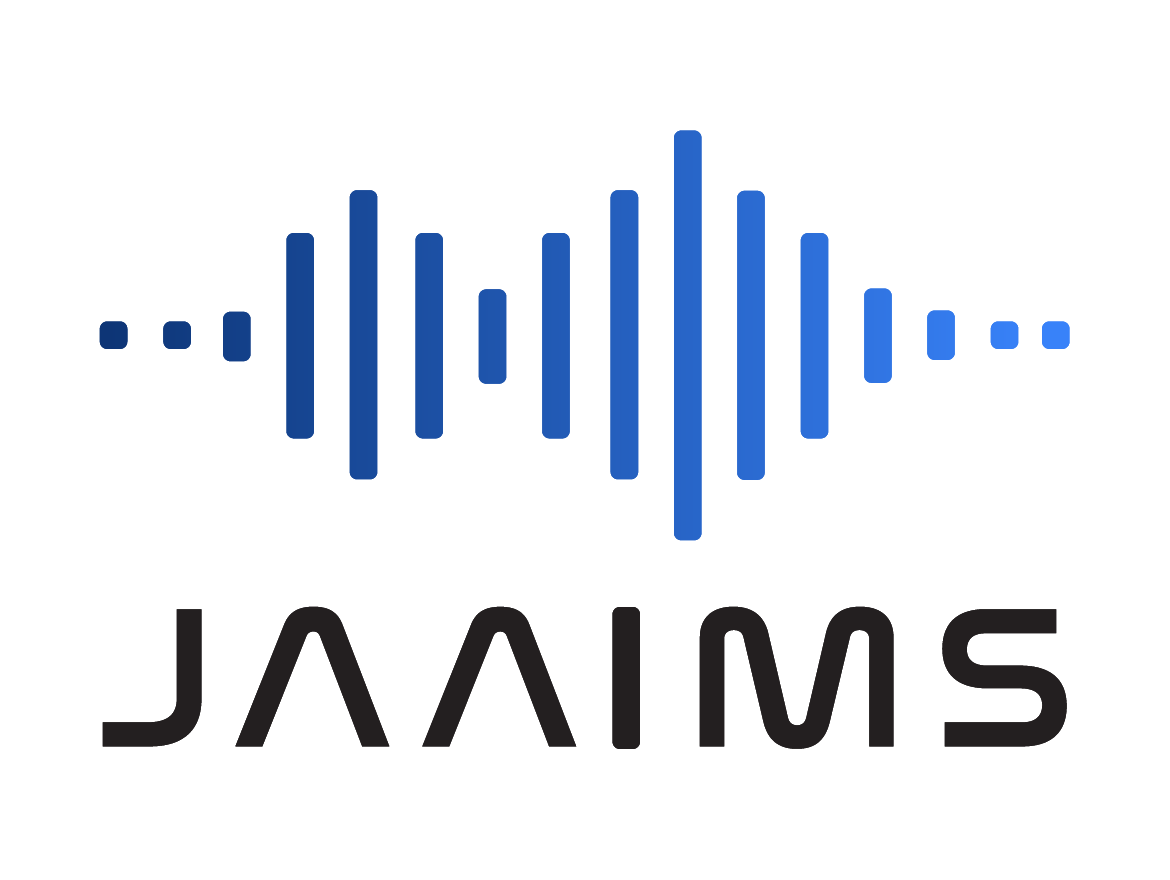Stock markets have generally moved higher in 2021, as the memory of 2020’s vicious covid related sell-off fades. Despite that, leading into the fourth quarter (Q4) of calendar 2021 – cracks have started to emerge. Equities were battered in September, the Evergrande debt situation remains tenuous, and the US market remains reliant on tech stocks.
Illustrating the above, across September the S&P 500 recoiled 3.97%, the tech-heavy Nasdaq fell 4.99%; Australia’s ASX 200 lost 4.48%; and the UK’s FTSE 100 edged 1.19% lower.
The tech side of the sell-off has been attributed to mounting inflation fears (we wrote about that here); while the Evegrande contagion threat has contributed to a broader set of uncertainties (we covered that here).
In Australia – where materials stocks weigh heavily on the index – the bearish mood has been compounded by a stifled iron ore market. And though the commodity has rebounded somewhat recently, it remains well off the highs it recorded in May.
Weak iron ore prices are likely to harm not just the miners that bear significant exposure to this commodity, but also hit the country’s export revenue. Accordingly, traders and speculators should pay close attention to the Australian dollar in the coming months, following the AUD/USD’s steady decline over September.
More broadly though, as long as the Evergrande situation remains unresolved – market participants are likely to remain uneasy. Bigger picture macro considerations are not helping matters either; and while US CPI data was more positive in August, supply chain issues continue to plague companies small and large. As such, inflation data should be closely scrutinised over the coming quarters, by traders and investors alike.
The US stock market however – quite a different beast to the US economy – remains buoyed by the outperformance of big-cap tech stocks. The calendar Q2 was a blowout quarter for the Amazons and the Apples of the world, as people have spent more time at home and glued to their screens. Investors will soon get a glimpse of how these trends have held up in the last few months.
Apple is set to report its Q4 on October 29; Facebook will report its Q3 on October 29; and Alphabet (Google) will report its Q3 on October 27. The other big techs have yet to confirm their upcoming earnings dates.
Given big tech’s outsized impact on global markets – as well as the implications that can be drawn from their results, across advertising, supply chains, and consumer trends – these reports may potentially impact the trajectory of equities more broadly in the final three months of 2021.
To be sure, the sell-side is optimistic heading into those quarterlies: the consensus ratings for Facebook, Amazon, Apple, Microsoft, and Alphabet (Google) is a Buy.
Such broad agreement suggests that the FAAMG bull narrative remains alive and well.
This narrative’s death, after all, is likely to mark a starker set of problems for a market which has grown reliant on the consistency these companies have brought. It seems difficult to imagine a future where the FAAMG cohort will disappoint their adoring investor-fanbase. Of course, while difficult, such a future remains unavoidable; as Benjamin Graham reminded us in his timeless classic, The Intelligent Investor: ‘This too shall pass.’
Investing may look complex, but it doesn’t have to be. Invest like a Pro using the power of AI with Jaaims. Now free to use on our Freemium plan.
